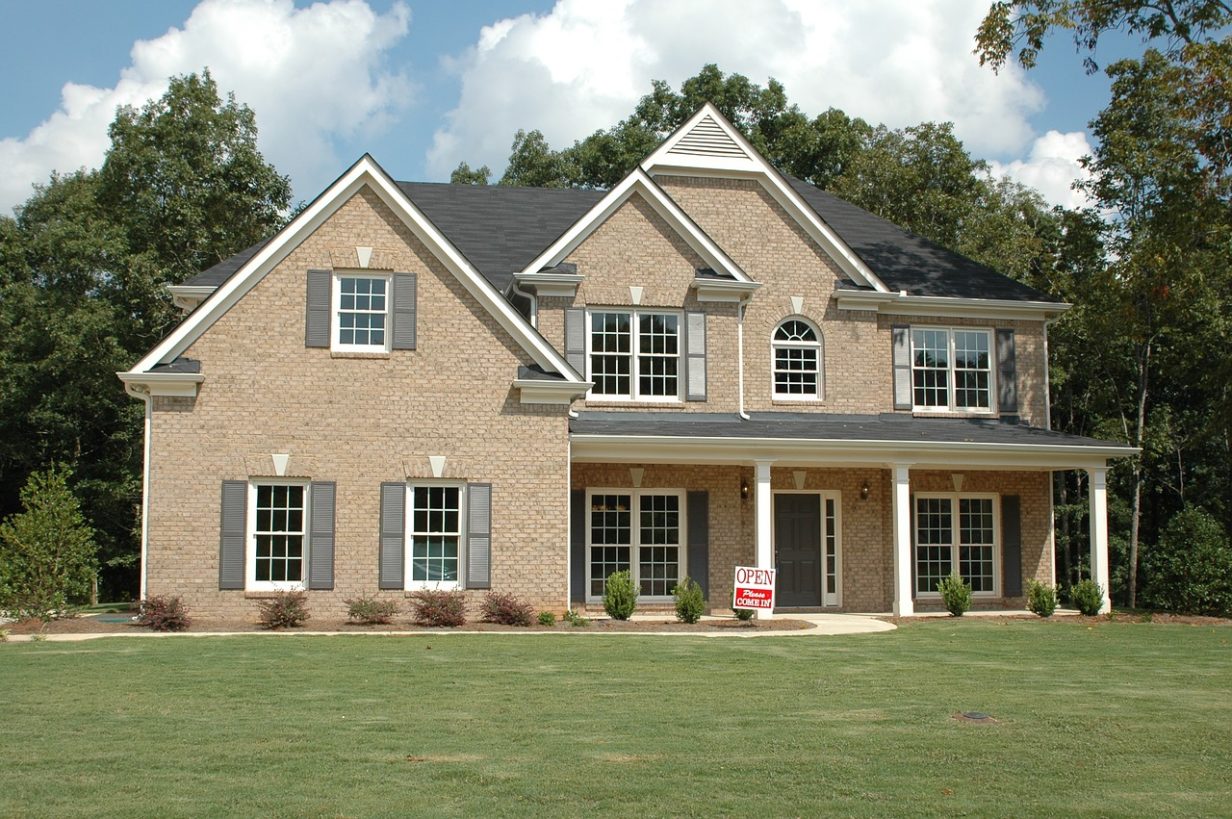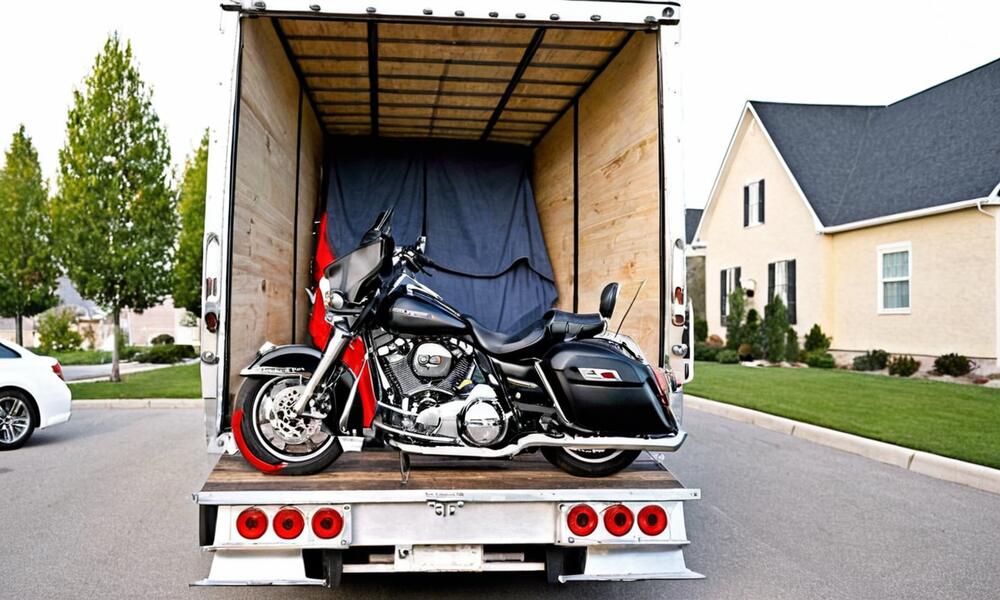Buying a house is expensive. In addition to the price of the home, you will have to spend money on additional services and fees throughout the entire experience. If you don’t take into account the extra costs associated with a home-buying process, you could find that you will be in over your head with your home purchase. It’s essential to learn about the extra costs involved so that you are prepared when the time comes.
With that in mind, let’s take a closer look at the costs of buying a home that you may not have factored in when budgeting for this big purchase.
Down Payment
Regardless of what kind of home you want to buy, you need to account for a down payment as part of your home costs. When you borrow any large amount of money, lenders will expect that you provide a down payment towards it.
You will pay a portion of the total cost of the loan up front, and then the remainder of the home loan is financed and becomes your mortgage. You usually need 20% of the purchase price, but there are some lenders that accept as little as 5% for a down payment. This money has to be available to be paid upfront, and the lender will then give you the remaining balance to pay for the house.
Home Inspection
Before you buy a house, you should hire a home inspector to inspect your potential home and identify any possible issues that it has. Paying for a home inspection ensures that you are aware of any hidden, unpleasant features that the house might have before you tie yourself to the property for the foreseeable future.
Closing Costs
A down payment and home inspection are followed by other mandatory, one-time payments. In the total cost of the home-buying process you have to include a number of closing costs like loan origination fees, title searches, title insurance, surveys, taxes, and homeowner’s insurance.
Home Insurance
You need to have home insurance when you buy a house, and it has to be in place on moving day. It will offset the costs of any unexpected damages or other harm that may come to the property. Home insurance is required by lenders who have loaned you the money for your mortgage and therefore have a vested interest in the well-being of the house.
Property Taxes
Property taxes are paid whether a homeowner or a corporation owns a property. Property tax is calculated by the local government and is based on the property location.
HOA Fees
Some homes fall under the management of a homeowners association (HOA). If you move into an area that has an HOA, you will be required to pay HOA fees. Both you and your lender must evaluate the dues before going through with a home purchase to confirm that you can afford both the monthly fees and the loan. HOA fees can change as time goes on, and you could find that the fees are no longer affordable in the future.
Research is essential here, as HOA fees can change for a number of reasons—when projects in the association need funding or even because of inflation. When you buy a home in an HOA, ask about fees and what they cover. Your HOA can cover costs of planned expenses like landscaping or garbage retrieval, but some larger, immediate projects need to be funded. It’s worth it to take time to weigh the pros and cons of buying a home affiliated with an HOA. Some communities also hold annual HOA elections administered by a 3rd party where you can help determine how funds are used.
All of these costs need to be mapped out and carefully managed before you choose to buy a house. With careful planning, you can be as prepared as possible to buy a home and pay all of the fees that come with it.



